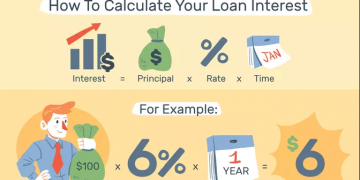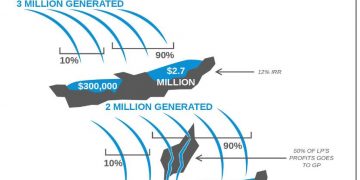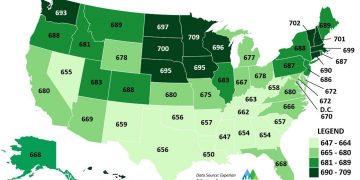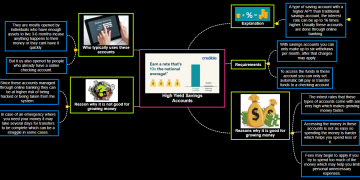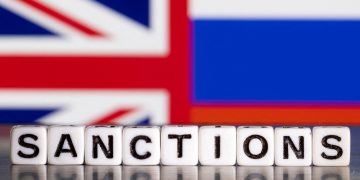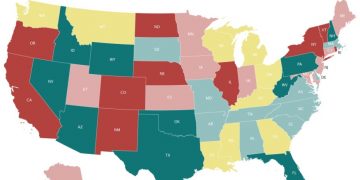As anyone might expect, as with numerous parts of liquidation, there is regularly deception or most pessimistic scenario situations taken as outright truth with regards to burden obligation.
Certain individuals may erroneously think from data they’ve heard that charge obligation is rarely dischargeable. False.
Others might believe it’s the same as your Visa obligation and can be released without any problem. Not really evident.
The one thing you really want to know is that chapter 11 can assist with charge obligation. At times, assuming the right conditions are met, it tends to be released very much like some other obligation. On different occasions, you might need to make specific moves or stand by a specific timeframe.
What’s more now and again it will not be dischargeable right now, if at any time, however, insolvency can assist with dealing with the obligation and take out punishments and interest.
In the event that you are managing charge obligation and you’re getting letters from the IRS, petitioning for financial protection could assist you with managing the issue.
How it’s done:
Petitioning for financial protection Does Not Result in the Automatic Discharge of a Tax Debt
Many kinds of obligations can be wiped out through insolvency. Sadly, charge obligation has some novel necessities.
The guidelines that administer liquidation and duty obligation are muddled, so it’s critical to work with an accomplished proficient assuming you choose to record.
Notwithstanding, the main thing to comprehend before you focus on insolvency is that planning is significant when managing duties and chapter 11.
For example, there are approaches to straightforwardly utilize chapter 11 to assist you with managing charge obligation. Assuming you owe back charges that are three years or more past due, you could possibly utilize chapter 11 to assist you with wiping out the obligation totally.
A significant number of the standards with respect to liquidation and assessment obligation are set up to keep individuals from petitioning for financial protection when their huge expense charge comes due. All things considered, liquidation can be utilized to mitigate a portion of the weight of an old assessment obligation that has been tormenting you. You ought not to anticipate utilizing chapter 11 to get quickly out of another assessment bill, yet you can utilize it to manage old obligations.
You can likewise utilize liquidation to let loose cash you’re paying toward different obligations so you can involve it for charge obligation. You’ll have the option to manage your assessment obligation issue in a roundabout way by improving your, generally speaking, monetary conditions.
Recording Your Return
It’s likewise essential to understand that when you record your expense form influences whether or not chapter 11 will be a possibility for assisting you with charge obligation.
The basic guideline is that you can release annual charges if:
The assessment is over three years of age,
You recorded the return no less than two years prior to documenting chapter 11
The expense more likely than not been evaluated by the IRS something like 240 days before you documented the insolvency request or not surveyed by any stretch of the imagination
You didn’t document a fake return
The stunt is the point at which somebody documents a late return. Assuming the assessment was over three years of age, yet no return was at any point recorded, then, at that point, you can’t get a release. The other entanglement is whether a late documented return is really a “return”, explicitly assuming the IRS previously recorded a substitute return.
As per the Ninth Circuit Court, assuming your expenses are documented late to the point of setting off the IRS to record a Substitute Filed Return (SFR), whatever is owed on that return can never be released in insolvency. (Different courts have decided for release, yet not later long passes in documenting.)
Basically, documenting on time is fundamental, regardless of whether you will not have the option to take care of the bill.
To dive more deeply into assessment forms, look at this article from The Balance.
Remember that regardless of whether you’ve recorded late, you actually have a chance to document by October fifteenth consistently. Assuming you miss the April cutoff time, focus on documenting in October as opposed to brushing off your commitment.






